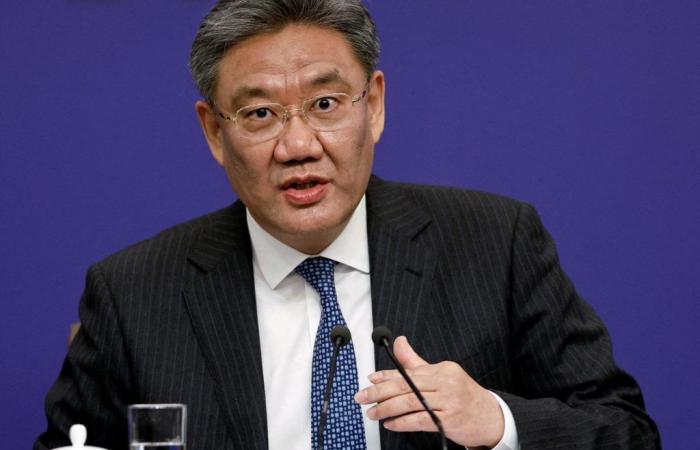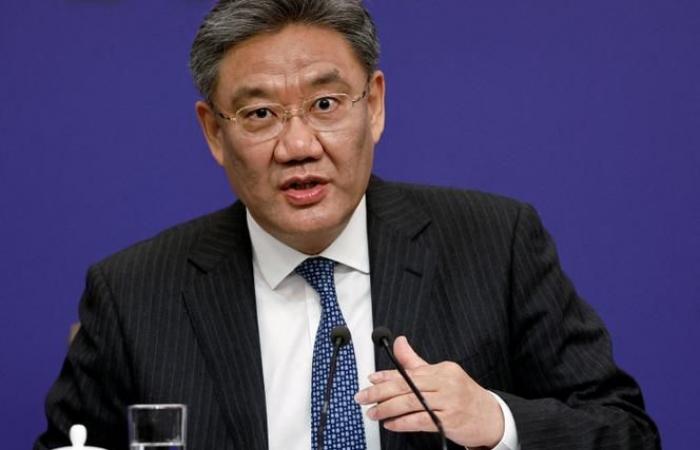China is following the American electoral campaign with the greatest attention, wondering not which is the right candidate for it, convinced that there is none, but which is the worst. In this country which does not have elections, we impatiently await the result of the vote, on the other side of the Pacific, over which we have no control but which we nevertheless consider decisive for China’s rise. as the rivalry has sharpened in recent years between the two great powers.
The campaign, from the Chinese perspective, could have been worse. It has so far revolved more around the personality of the candidates, the migration issue and the wars in the Middle East and Ukraine, than it has focused on the Chinese threat, even if the subject comes up regularly.
But in circles close to Chinese foreign policy, we note that measures to hinder China are one of the rare subjects that can generate a form of understanding in Washington. The fact that the outgoing president, Joe Biden, retained during his mandate most of the customs taxes that had been instituted by his predecessor, Donald Trump, did not go unnoticed. “Republicans and Democrats fight on just about everything, except when it comes to China. It seems like that’s the only consensus on Capitol Hill.”notes Wang Dong, a professor of international relations at Peking University, the country’s most prestigious in political science, who has often visited the United States.
On this green campus in the north of the Chinese capital where the elite are trained, observers review the difficulties and opportunities to expect from a victory in November for Kamala Harris or Donald Trump. The subject does not leave the rest of the population indifferent either.
Read also | Article reserved for our subscribers China makes life difficult at the American embassy
Add to your selections
Two schools of thought
Two schools of thought stand out. There are those for whom it is indisputable that Trump would be the greatest challenge. China’s economy is already struggling and Trump is threatening to impose 60% tariffs on all products delivered by the world’s largest exporter. Chinese GDP and jobs could suffer from further escalation in the trade war between the two countries. Trump had already surrounded himself during his first term with “super hawks” obsessed with the Chinese threat.
Above all, the erratic character of the Republican is a difficult factor to manage for the main rival of the United States. In its rise to power, China is carving out a space that is shaking up the world order, for example by building bases on artificial islands in the South China Sea or by pushing its navy, and in particular its new aircraft carriers, further afield. of his ribs. It is therefore until now rather the American established power which finds itself in the role of moderator, hesitating to react because fearing an escalation. Trump’s unpredictability would reverse these roles, putting Beijing on the defensive.
You have 64.64% of this article left to read. The rest is reserved for subscribers.







